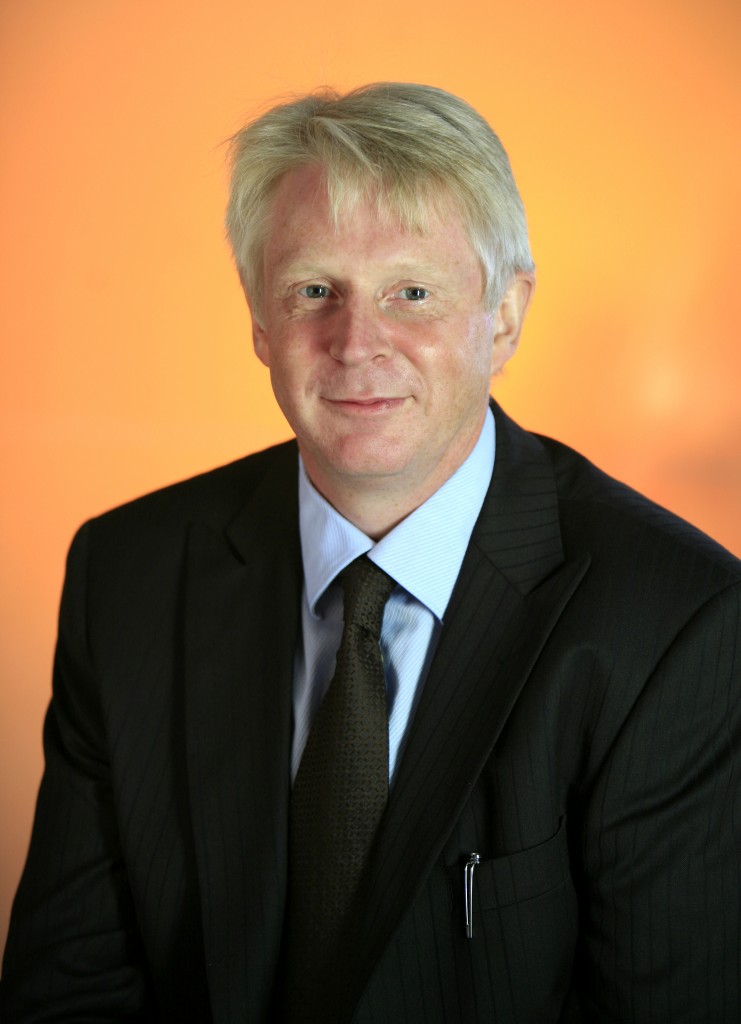ITER NEWSLINE
65
Executing an international project
Norbert Holtkamp, ITER Principal Deputy Director-General
Executing an international project

ITER Principal Deputy Director-General, Norbert Holtkamp
This year's first ITER Organization-Domestic Agency meeting was hosted by the Institute of Plasma Research (IPR) in Ahmedabad. The IPR is the home of the Tokamak Aditya and a new superconducting machine, the SST-1, is currently under construction. The meeting focused on the three big topics that will accompany ITER over the next twelve months and beyond: the status of the ITER design together with finalizing the procurement packages, the next round of reviews assessing the schedule and resource estimates of the ITER Organization and Domestic Agencies, and somewhat unique things like the shipment of components with all related legal issues, and the opportunities that will arise should Kazakhstan join the ITER collaboration.
Finishing the ITER design and completing the documentation in order to start the procurement process has the highest priority. For the complex and heavily integrated systems, specially integrated teams consisting of members from the ITER Orgnaization and Domsetic Agencies are now constituted. They will make sure that all interfaces are covered and that sufficient resources are engaged. The Domestic Agencies have summarized where these procurements stand in their industries. As a result, the ITER schedule is always a somewhat contentious topic of discussion and it is not always possible to have the goal aligned with the reality. But it is our job to do exactly that and everybody takes this effort very seriously.
The second major topic is the transport of components once built, the transfer of responsibility, their insurance and storage. Shipment of components from one party to another and finally to the ITER site presents a tremendous logistic challenge. An expert group has been implemented and we are confident now that following the next ITER Organization-Domestic Agency meeting in Korea in March we will be able to present a final proposal to the Council.
The third bullet point is the potential accession of Kazakhstan as a full member to the ITER collaboration. We discussed a proposal that would minimally disturb the present sharing between the Parties and still match the manufacturing capabilities of Kazakhstan. This will be on the agenda again at the next meeting.
Overall, I found this meeting very productive, despite the many difficult topics to be addressed. The ITER Organization and the Domestic Agencies are trying to make these meetings effective management tools to successfully execute the project and I am confident that we will get there.
Then, summarizing what else lies ahead, contracts worth approximately EUR 800 million were signed with the Domestic Agencies in 2008 and many more are foreseen for 2009. Buildings, magnets and the vacuum vessel with all its components are high priorities. Construction of the buildings—key to the ITER schedule—should begin this year with the excavation of the Tokamak Building as the next big step. The European Domestic Agency in Barcelona will allocate more than 150 people to the ITER site this year in order to oversee this effort.
At the end of April the preparation for the next ITER Council meetings will get into full swing with the Resource Review, led again by Dr. Frank Briscoe. By then, the ITER Organization and the Domestic Agencies will have to conclude a detailed work plan defining who does what, from finishing the design, documentation, construction oversight, testing, delivery to, installation and commissioning. The joint meeting is essential in overseeing this process and the groundwork was put down in this meeting. Doing all this work in a most cost efficient manner is a constant concern and various ideas are under discussion.
return to Newsline #65


